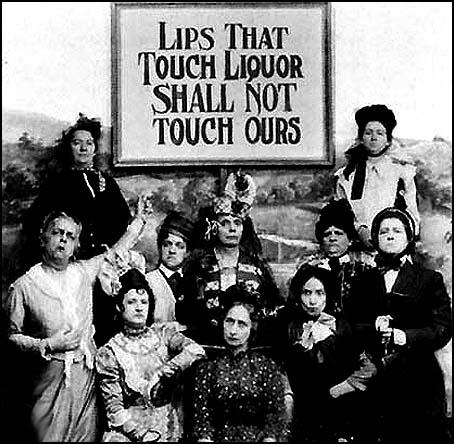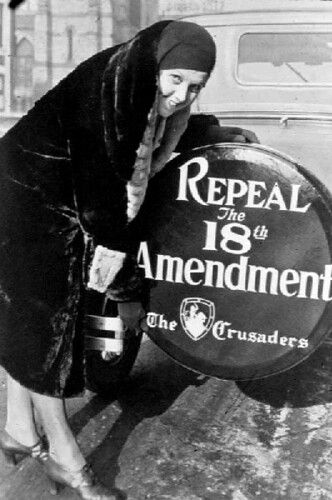The Interstate Commerce Act of 1887


On February 4, 1887, the Interstate Commerce Act of 1887 is passed by the Congress to prevent unfair practices in the railroad industry such as railroad monopolies. Before the Interstate Commerce Act was passed, railroads were privately owned and unregulated thus letting railroad companies take advantage of their power of charging high fees in places they enforced monopoly control. These monopolies were harmful to farmers who either lacked the shipment volume or money. Railroads back then greatly influenced people and businesses because it was an important form of transportation for people and goods.
The Interstate Commerce of 1887 targeted problems of railroad monopolies by setting guidelines for railroads and stopping railroad abuse. The law required railroad rates to be reasonable.




















